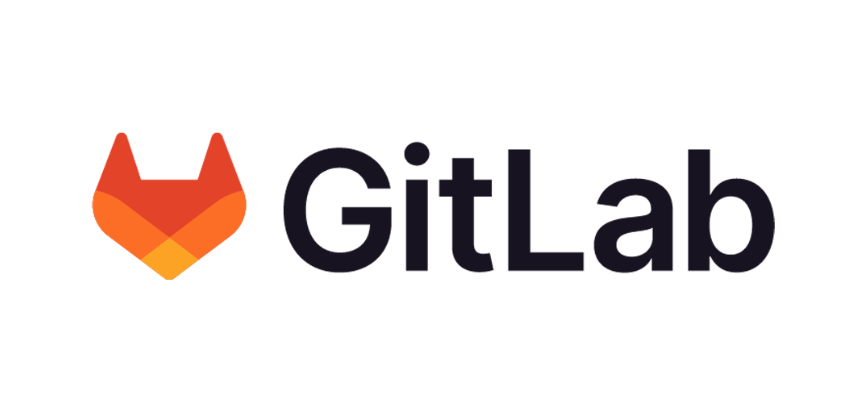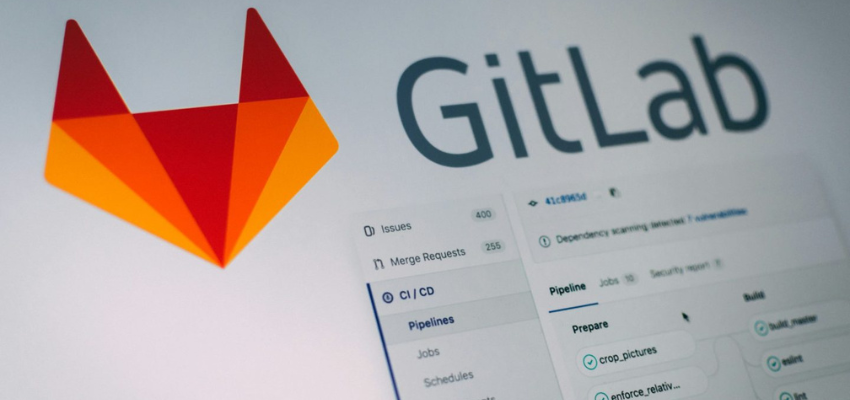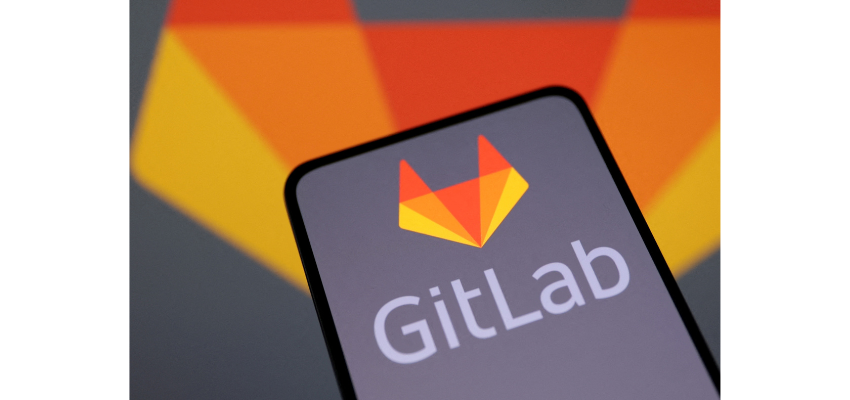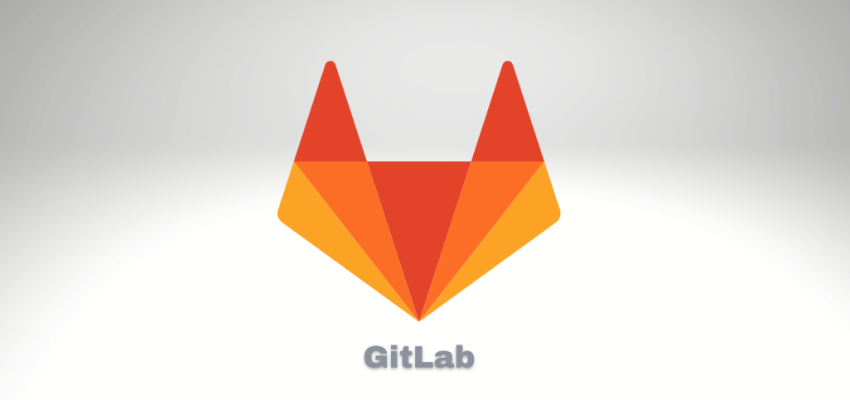Boost Your Development Workflow with GitLab

GitLab is a powerful tool that can significantly enhance your development workflow by providing a comprehensive suite of tools for version control, continuous integration, and project management. Its versatility and efficiency make it an essential resource for developers and teams looking to optimize their processes. In this article, we will explore various aspects of GitLab that can help streamline your development activities and improve collaboration among team members.

Understanding GitLab: The Basics
Before diving into the advanced features and benefits of GitLab, it’s essential to understand what GitLab is and how it functions as a platform. GitLab is an open-source repository management system that offers built-in CI/CD capabilities, allowing developers to manage their code repositories and automate deployment seamlessly. It provides a unified interface where teams can collaborate on projects, track issues, and deploy applications all in one place.
What Makes GitLab Different?
One of the standout features of GitLab is its integrated approach to DevOps. Unlike other tools that may require separate services for various tasks, GitLab combines everything into a single application. This integration helps reduce the complexity associated with using multiple tools, leading to improved productivity and collaboration within teams.
Additionally, GitLab supports various workflows, including GitFlow, which allows teams to adopt practices best suited for their projects. This flexibility makes GitLab an excellent choice for organizations of all sizes.
Key Features of GitLab
GitLab comes packed with several features designed to enhance the development experience:
- Version Control: GitLab’s version control system allows developers to manage code effectively, enabling collaboration without the fear of overwriting changes.
- Continuous Integration/Continuous Deployment (CI/CD): With built-in CI/CD pipelines, GitLab automates the testing and deployment process, ensuring that code changes can be rolled out quickly and efficiently.
- Issue Tracking: GitLab includes robust issue tracking capabilities that allow teams to monitor bugs and feature requests, facilitating better project management.
- Code Review: GitLab supports merge requests, enabling code reviews and discussions directly in the platform, enhancing collaboration among team members.

Getting Started with GitLab
To start using GitLab, you first need to create an account and set up a repository. You can choose to host your instance on GitLab’s cloud or self-host it on your server, depending on your organization’s needs. Once your repository is created, you can begin working on your projects, inviting team members, and arranging your development workflow.
Streamlining Collaboration with GitLab
Collaboration is vital to any successful development project. GitLab provides various features that facilitate smooth communication and teamwork among developers.
Merge Requests and Code Reviews
- Merge requests are at the heart of collaboration in GitLab. When a developer wants to merge changes from one branch to another, they can create a merge request. This initiates a review process where team members can comment on the changes, suggest improvements, and discuss potential issues.
- The ability to conduct thorough code reviews directly within GitLab streamlines the development process. Instead of relying on external tools or email threads, developers can maintain all discussions in one place. Furthermore, insights gained during these reviews contribute to knowledge sharing and help less experienced developers learn from their peers.
Real-Time Collaboration
- GitLab also supports real-time collaboration through its web-based interface. Team members can work together on code, review changes, and provide feedback without being physically present in the same location. This feature is especially beneficial for remote teams, as it eliminates geographical barriers, allowing developers to work together seamlessly.
- GitLab’s commenting functionality further enhances collaboration. Developers can leave comments on specific lines of code or project issues, fostering conversation and ensuring everyone is aligned on project goals. This open dialogue ultimately leads to a more cohesive team dynamic.

Project Management Tools
- Effective project management is critical for any development team. GitLab offers various built-in tools that enable teams to plan, monitor, and execute their projects efficiently.
- Using GitLab Issues, teams can create tasks, assign them to team members, and track their progress. This systematic approach to task management helps ensure that team members are aware of their responsibilities and deadlines. Additionally, GitLab’s milestone feature enables teams to group related issues and track their progress toward project goals, making it easier to stay organized.
Automating Workflows with CI/CD in GitLab
Continuous Integration and Continuous Deployment (CI/CD) are essential practices for modern software development. GitLab simplifies these processes with its native CI/CD support, allowing developers to automate their workflows for faster and more reliable deployments.
Setting Up CI/CD Pipelines
- Setting up CI/CD pipelines in GitLab is straightforward. Through its YAML configuration files, developers can define the stages of their deployment process, specify jobs to run, and determine conditions for deployment. This flexibility allows teams to customize their pipelines according to their unique workflows.
- For example, you can create a pipeline that runs tests automatically every time new code is pushed to the repository. If the tests pass, the code can then be deployed to a staging environment for further evaluation before going live. This automated process reduces manual errors and ensures consistency across deployments.
Benefits of CI/CD in GitLab
The introduction of CI/CD in GitLab brings numerous advantages for development teams:
- Faster Feedback Loops: Automated testing helps identify issues sooner, allowing developers to address problems before they escalate. This speed in feedback boosts overall productivity and minimizes delays in the development cycle.
- Improved Code Quality: By enforcing testing protocols through CI, teams can maintain higher code quality standards. Continuous testing ensures that only code meeting quality benchmarks is deployed, reducing the likelihood of bugs in production.
- Streamlined Releases: With automated deployment processes, teams can release updates more frequently and reliably. This capability allows organizations to respond quickly to market changes or customer feedback, maintaining their competitive edge.

Monitoring and Optimization
- Once CI/CD pipelines are established, it’s important to monitor their performance continuously. GitLab provides valuable insights into pipeline efficiency, highlighting areas that may require optimization.
- By analyzing build times and failure rates, teams can pinpoint bottlenecks in their workflows and take appropriate actions to enhance performance. For instance, if certain tests consistently fail, they may need further investigation or rewriting to establish reliability.
- Furthermore, GitLab’s integration with monitoring tools allows teams to keep an eye on application performance post-deployment. This ongoing monitoring ensures that any issues arising after a release can be addressed promptly, minimizing downtime and enhancing user satisfaction.
Managing Projects Effectively with GitLab
Project management is a critical component of successful software development. GitLab’s robust project management tools give teams the necessary resources to organize tasks, track progress, and communicate effectively throughout the project lifecycle.
Issue Boards for Visual Management
- GitLab offers a feature called Issue Boards, which visually represents tasks and their statuses. Teams can categorize issues based on criteria such as priority or sprint cycles, providing an at-a-glance view of progress.
- This visual management tool helps teams stay focused on their goals while making it easy to identify any roadblocks affecting project timelines. By moving issues across different columns (like “To Do,” “In Progress,” and “Done”), developers can clearly see the current state of their work.
- Moreover, Issue Boards can be customized to fit the team’s workflow, making it adaptable to various project management methodologies, including Agile or Scrum. This flexibility empowers teams to operate in a manner that aligns with their preferred project management style.
Roadmaps for Long-Term Planning
- GitLab’s roadmap feature enables teams to plan their projects over extended periods. By mapping out future milestones and key deliverables, teams can ensure alignment with organizational objectives and anticipate potential challenges.
- Roadmaps help prioritize work based on strategic goals, enabling developers to focus on high-impact tasks that drive value for the organization. Additionally, having a clear vision of the project roadmap fosters greater transparency and accountability within teams, as everyone understands how their contributions fit into the overall picture.
Integrations for Enhanced Functionality
- GitLab integrates with various third-party tools and services, further extending its project management capabilities. Whether it’s connecting with popular chat applications like Slack for instant communication or integrating with monitoring solutions for observability, these integrations create a seamless ecosystem for managing development projects.
- This interconnectedness ensures that all relevant information is accessible in one place, reducing the time spent switching between platforms. Consequently, developers can dedicate more time to their coding tasks instead of administrative overhead.
Conclusion
In conclusion, GitLab emerges as a transformative tool for boosting development workflows. Its integrated features for collaboration, CI/CD automation, and project management enable teams to work more efficiently and effectively. As organizations continue to adapt to the evolving landscape of software development, leveraging GitLab can provide a competitive advantage, driving innovation and success in your projects. Embracing this comprehensive solution not only fosters a culture of collaboration but also enhances the overall quality of software delivered to end-users.
Contact Bestarion
Get started. Pick a plan that suits your needs
Bestarion is a leading provider of comprehensive data services. With a commitment to delivering accuracy, efficiency, and customized solutions, Bestarion empowers businesses to transform their raw data into valuable insights. Our team of experts combines industry expertise with cutting-edge technology to ensure seamless data management processes, allowing companies to focus on core operations while optimizing decision-making capabilities.
As a Marketing Executive at Bestarion, I oversee strategic marketing initiatives to enhance brand visibility and drive business growth. Bestarion specializes in data services and bespoke software solutions, helping businesses optimize operations with high-quality, technology-driven solutions. My role involves content creation, digital marketing, and lead generation to position Bestarion as a trusted partner in the industry.
